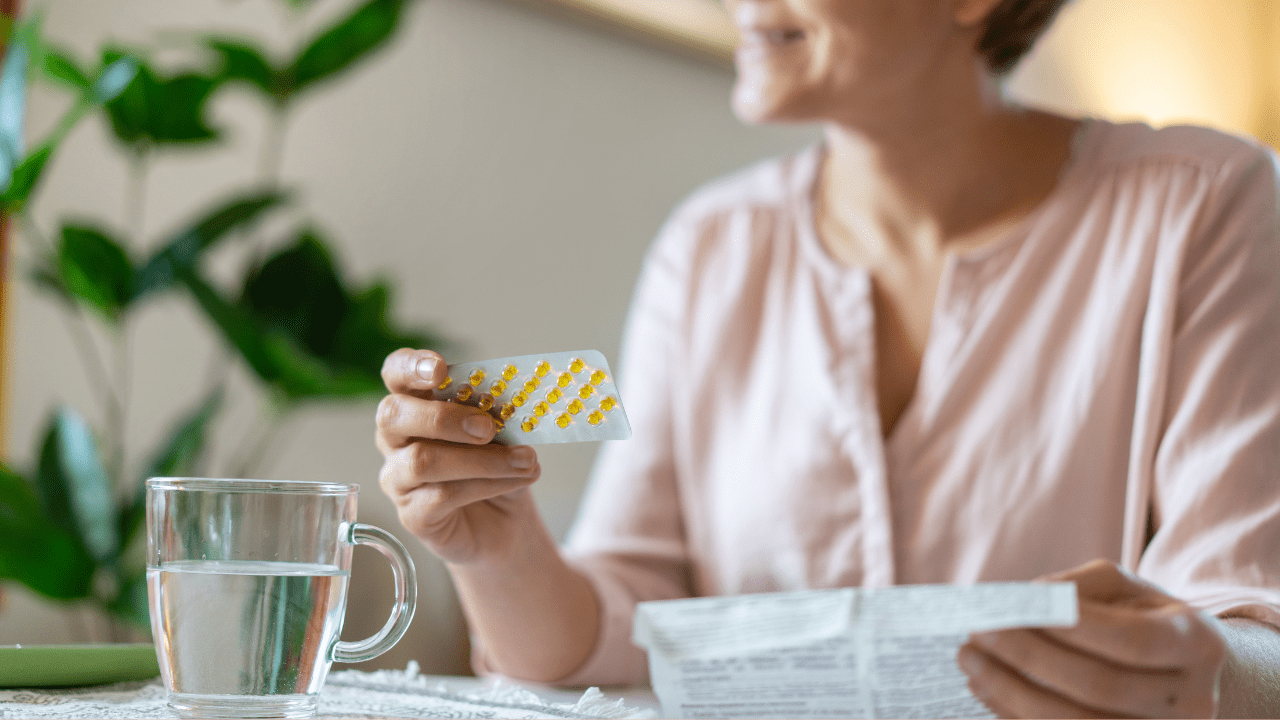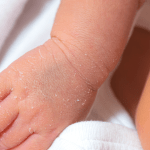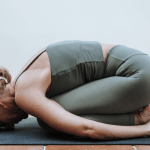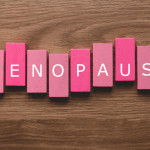Will I feel better after menopause? I’ve been through hell and back on this menopause journey.
“When will I feel better?” a lot of women are asking. So research shows that most women will feel better once they reach menopause. However, that may not be the case as it’s definitely not mine. My 88 year old mother says that once you’ve hit 50, it’s downhill.

But I refuse to believe that and strive to get as close as possible to feeling how I did before menopause. So how am I gonna do that? If you’re experiencing hot flashes, night sweats, or you’re having trouble sleeping, all of these things will get better. However, some symptoms like weight fluctuation and vaginal dryness may continue. It depends how you’ve addressed these issues.
I found that my symptoms eased after years of trying different modalities. So some things got better and it was like trial and error with what I was doing, and then sometimes it got worse. No two women are alike, so you really need to experiment and see what works for you.
So what are some of the things that you can do and what are some of the things that I did?
I tried bioidentical hormone replacement therapy. I saw a hormone specialist that measured my levels of hormones and found out exactly what I was low in. And this extended beyond just estrogen, progesterone, and testosterone. And so I looked at DHEA, pregnenolone, I looked at cortisol levels plus a whole slew of other things.

So it’s really important to see a specialist that could do the tests for your hormones. And what brought me to the specialist initially was my thyroid and hypothyroidism, which is a sluggish thyroid. And so I really started to look into how my other hormones were affected and influencing my thyroid.
Our system is all connected. If you’re gonna have a problem or issue with one area, there’s a cascading effect that’s going to affect other areas in your body. I tried the bioidentical hormone replacement therapy and found that helpful for my hot flashes because I was suffering from hot flashes every two hours, and that meant I wasn’t getting good sleep.
I was getting angry and was not dealing well with the simplest little problems or issues. Another thing I tried was phytohormones and there’s phytoestrogens that you can take, like soy isoflavones and flaxseeds that contain phytoestrogens. Then you can do things like maca for low testosterone. Maca is a root from the Andes Mountains and it has a lot of beneficial properties. And then you’ve probably heard of wild yams for progesterone. You would have to eat a ton of wild yams to get the little progesterone you need. So for progesterone, I ended up doing a bioidentical form.

There’s a lot of foods out there that support your hormones and so it’s important to eat a healthy diet, get a lot of foods in their natural state rather than processed. When you’re looking at ingredients, when you’re shopping for your groceries, my rule is if I don’t understand one of those ingredients on the label, I’m not buying it. I also have the rule that if there’s sugar in the product, I don’t buy it because everything has so much sugar and sodium in it. So these are just my rules, but they did help me.
Exercise is really important during this transition and through your whole entire life. Look at exercise as a lifestyle. Exercise has amazing benefits that affects mood, it affects sleep, it affects how you digest, it helps to keep your muscles toned and especially at this time in your bones strong when your muscle tone is declining and bones are deteriorating.
Sleep is something that is very important during this transition as well. You want to make sure that you’re sleeping seven to eight hours and getting a restful sleep. And if you’re disrupted with hot flashes or night sweats, address these symptoms to get your sleep, because sleep is going to make your life less complex and more happier. You can also more things to de-stress. Yoga and meditation are great, deep breathing is really helpful, and just really take care of yourself during this time of your life.







